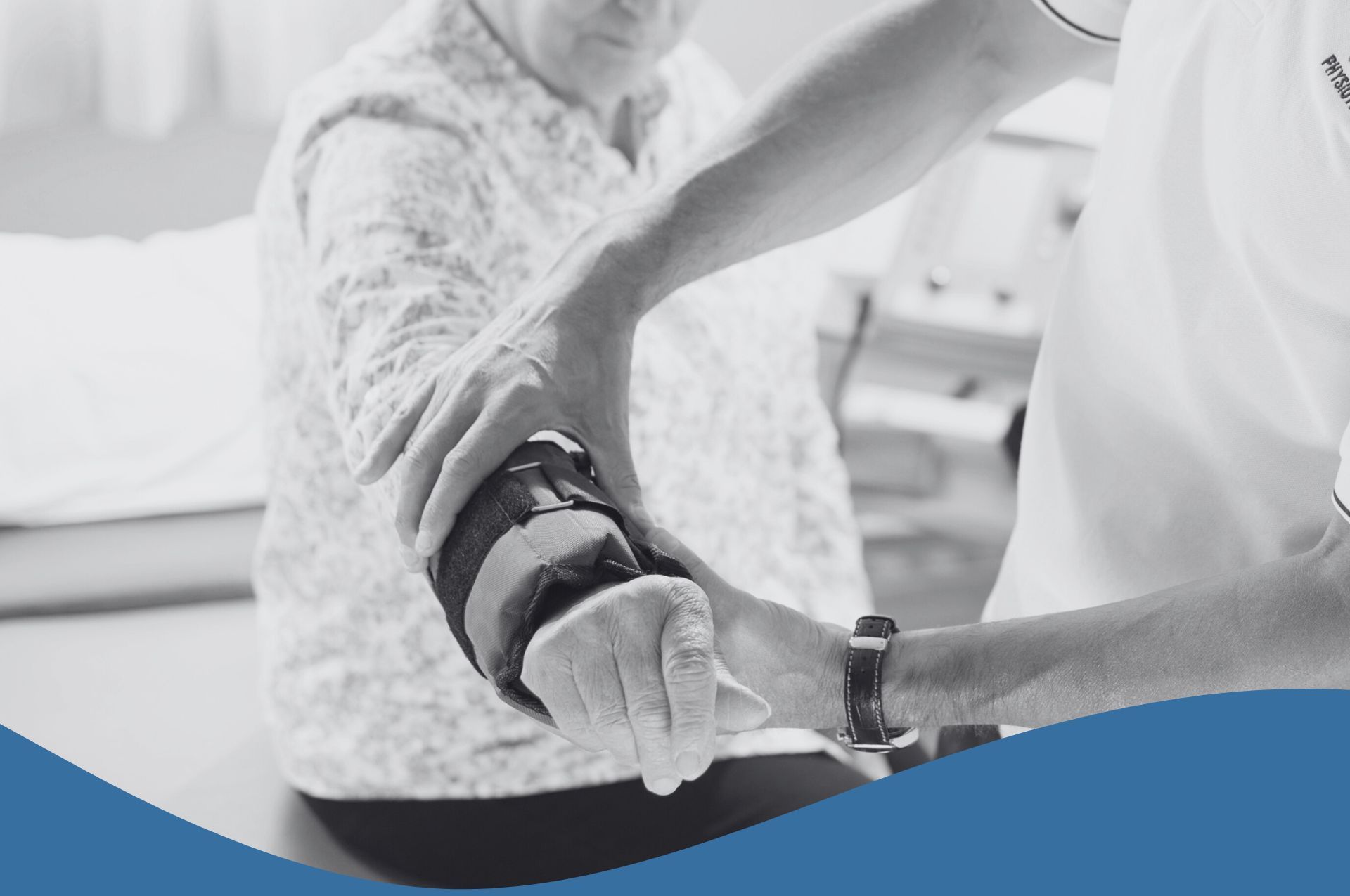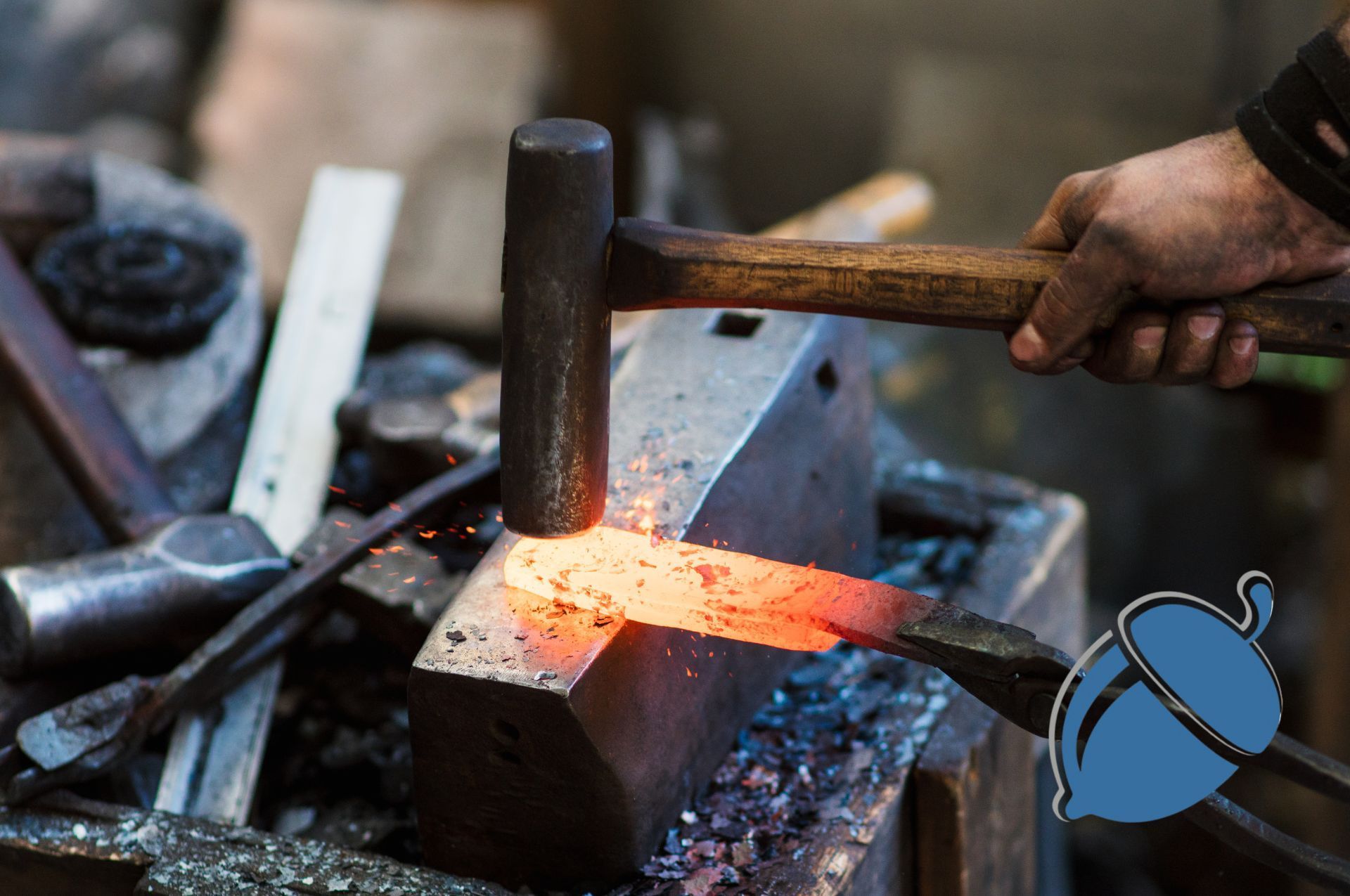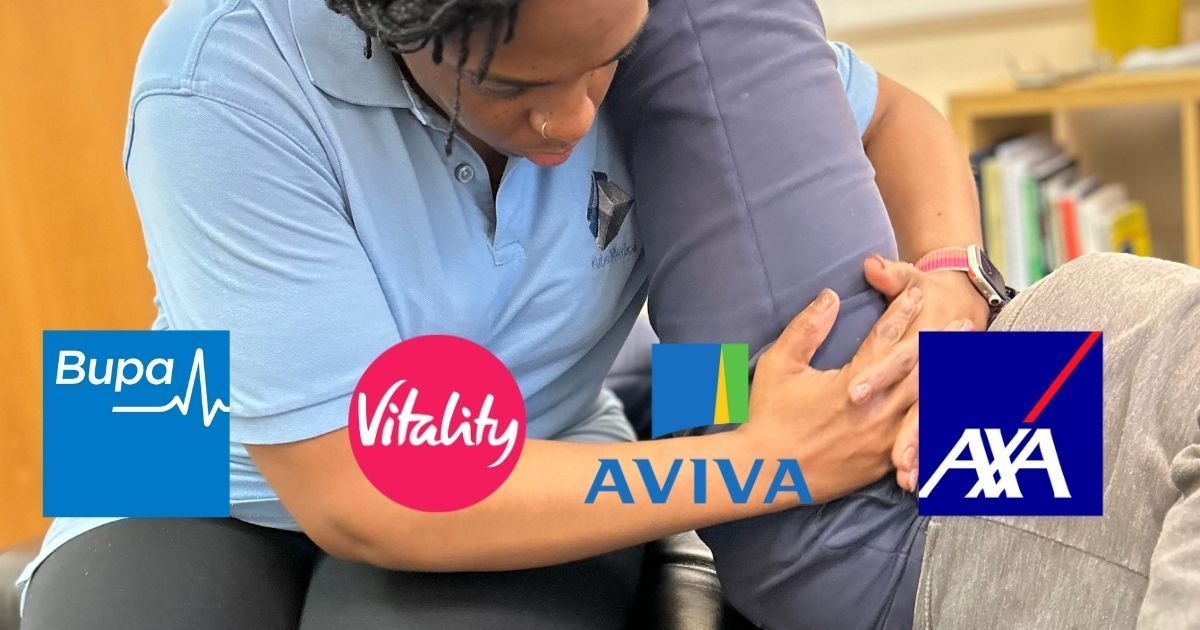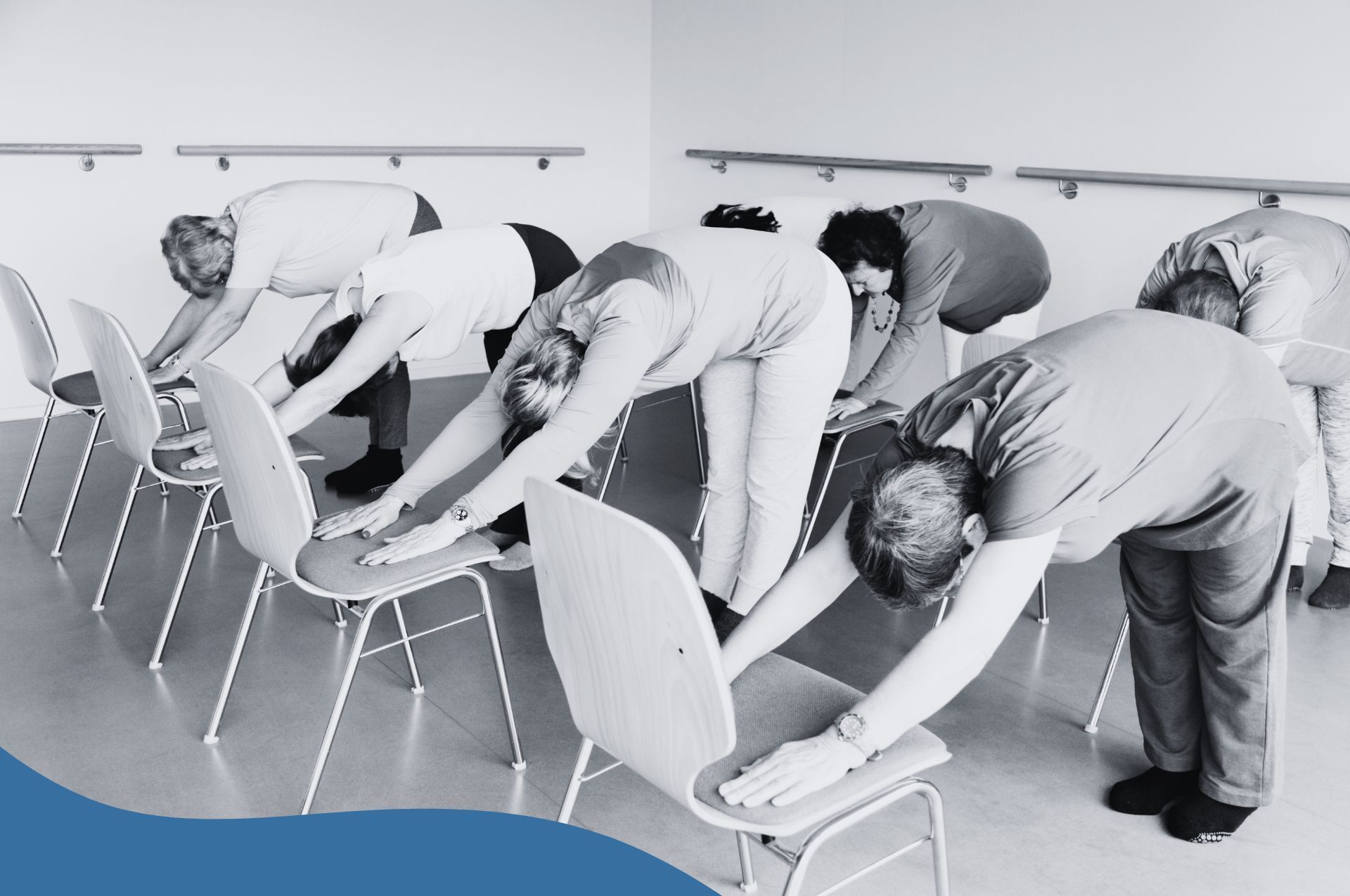How to Promote Joint Health
Patrick Campbell • 24 September 2021
Joint health plays an important role in ensuring mobility. The older you get, the tougher it will become to move around as stiffness sets in. While pain conditions can often be treated with medication, joint problems are best avoided through prevention rather than cure. And the earlier you adopt healthy habits, the better your prognosis. The more you can do now to ensure good joint health, the better it will be for your bones and overall health in the future. Here are some ways you can go about safeguarding your joints and their supporting tissues.
1. Maintain A Healthy Weight
Your body weight applies pressure on your joints. The heavier you are, the more pressure you put on your joints and the more prone you are to suffering injuries. It can also increase your risk of later developing related conditions like arthritis.
If you are overweight or obese, even a 10% loss of weight can help reduce this strain on your joints considerably. To achieve a healthy weight, you will need to:
- consume a healthy diet
- practice portion control
- exercise regularly
Be particularly wary of high sugar drinks like sodas, energy drinks, and pre-packaged juices. These alongside fast foods are a major cause of weight problems across all age groups. Drink water to stay hydrated instead. Supportive tissues like cartilage need to be kept hydrated and lubricated to work properly. Drink whenever you feel thirsty and up your intake when exercising and the weather is hot.
If you are worried about injuring your joints because you are already carrying excess weight, opt for low impact exercises like swimming and yoga. As you become fitter, you can increase the intensity of your workouts to keep reducing weight. Consult your doctor if you have other concerns to figure out an exercise program that will get you to your goals.
2. Be Active
Regular exercise will help reduce and maintain a healthy weight. However, even outside of these periods, you should maintain an active lifestyle. Being active throughout the day can help to further strengthen the tissues and muscles that support your joints. The more muscles you build, the more support there is for joints. Physical activity also helps to encourage the flow of nutrient-rich fluid into joints and cartilage.
The more active you become, the less difficult it will be to physically exert yourself with time and reduce the risk of joint problems in future. Walk as often as you can from place to place and avoid sitting in the same position for long periods. Even seniors can benefit from an active lifestyle as it can help reduce feelings of stiffness in the joints. When necessary, wear supportive athletic gear to protect your joints when exercising. With consistency, you can lose weight and build up muscle that no longer makes this precaution necessary.
3. Warm-Ups and Cool Downs
Whenever you exercise or otherwise exert yourself physically, be sure to warm up beforehand and cool down at the end. This can easily be done with a little cardio activity like a brisk walk or jog for five minutes. Move at a pace that is slower than when actually exercising. Warming up before you start stretching out your muscles helps protect them from injury by increasing the blood flow to muscles and joints. If not sufficiently flexible, it can lead to overloading or strain on joints.
4. Strength Training
Extra effort should be put into keeping joints, muscles, and bones strong. Strength training works to build up muscles that support joints. The more muscle you build will also help to regulate body fat and your overall weight. Core exercises are also important as they help in achieving a trim figure that can more easily stay balanced. If you lose balance, you are more likely to fall and become prone to injuries. Weight bearing or high-impact exercises are also key to the formation of new bone, especially for younger demographics.
Consume a supportive diet rich in calcium and vitamin D. Calcium helps strengthen bones and can be easily absorbed from dark green leafy vegetables, tofu, nuts, and dairy. Vitamin is primarily absorbed from the sun and can also be found in dairy and oily fish. Protein is also good for healthy bones and helps in the absorption of calcium.
5. Maintain Good Posture
Whether it is when just sitting or lifting heavy weights, it is important to use the correct posture. Poor posture can cause strain on your joints and the tissues that support them, especially if you keep repeating the same movements. It can lead to debilitating injuries that can take even months to heal. Learn how to position your body correctly when performing tasks so you do not end up causing strains or sprains. If you have to sit for long periods, try to get up and walk around and stretch every 30 minutes or so.
6. Consult Your Doctor
For some people, joint problems may already have set in and began to affect their quality of life. While some of the recommendations here may prove helpful, it is advisable to consult with a professional to avoid the risk of injury. Consulting your doctor can help determine the cause of your joint pain and identify remedies that will see you regain joint health.
If you experience joint pain after exercise, do consult your doctor or physical trainer. This problem is often a result of poor form which is easily corrected. It may however indicate other problems, hence the need to have a professional diagnosis.

At Kube medical, we believe high-quality physiotherapy should be accessible, comfortable, and convenient. That’s why we provide professional home-visit physiotherapy services, helping you recover in the comfort of your own home and at a time that fits your lifestyle. Whether you're recovering after surgery or trying to fit treatment around a busy schedule, our personalised approach ensures you feel supported, motivated and confident every step of the way.

As the days get shorter and the air turns crisp, many of us start dreaming about fresh powder, mountain air, and that first exhilarating run of the ski season. But before you dust off your boots, it’s worth thinking about one crucial thing: your body’s readiness. Whether you’re a seasoned skier eager to hit the slopes from day one, or an occasional skier looking to make the most of a long-awaited trip, a little “pre-hab” — preparing your body in advance — can make all the difference between an enjoyable week on the mountain and one cut short by fatigue or injury.

There’s no easy way to put it — the sudden closure of Private Midwives has left a real void, both professionally and personally, for many highly experienced tongue tie practitioners. It’s disrupted livelihoods, interrupted the continuity of care for families, and forced many to face a wave of uncertainty.








